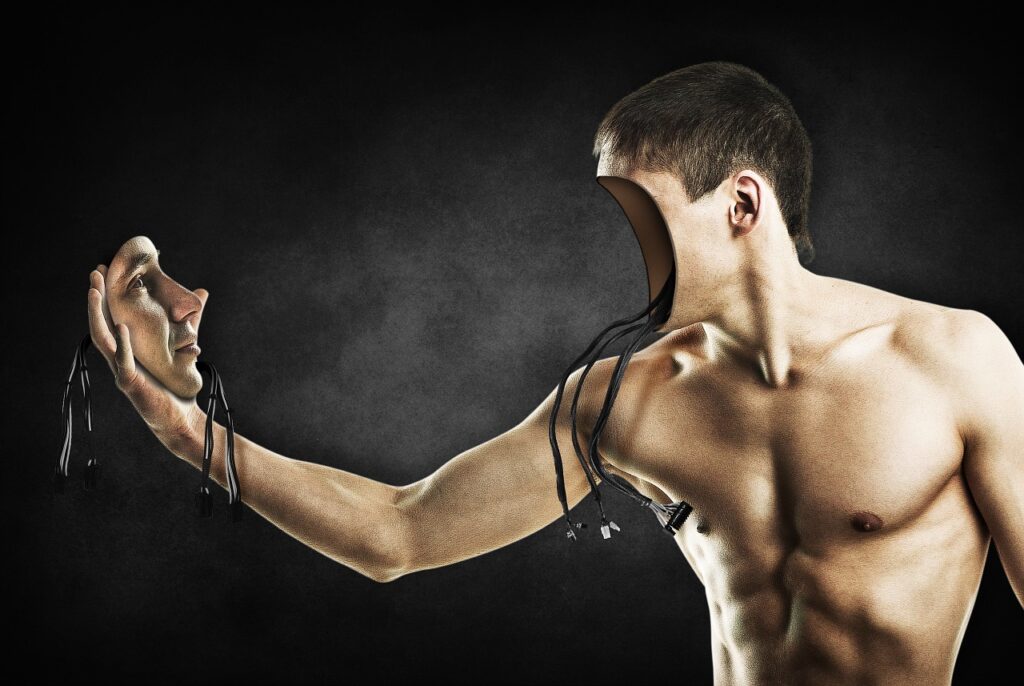To Share is to Show You Care!
Artificial Intelligence (AI) has made its way into almost every industry and healthcare is no exception. In recent years, AI has revolutionized the way healthcare is delivered and has the potential to bring about major improvements in patient outcomes and cost savings. From early detection of diseases to personalized treatments, AI is transforming the healthcare industry in ways that were once thought impossible.
Artificial Intelligence (AI) has the potential to bring about major advancements in the healthcare industry. Here are some of the use cases,
Early Detection of Diseases: AI algorithms can analyze vast amounts of patient data and identify patterns that may indicate the presence of a disease. By using this information, AI can assist healthcare professionals in making early diagnoses, which can improve patient outcomes and reduce the cost of treatment. For example, AI-powered tools like X-ray analysis software can detect signs of lung cancer in its early stages, increasing the likelihood of successful treatment.
Personalized Treatments: By analyzing a patient’s medical history, genetic information, and other relevant data, AI can help healthcare professionals develop personalized treatment plans. This level of customization can improve patient outcomes and reduce the risk of side effects. For instance, AI-powered precision medicine platforms can analyze a patient’s genetic information to determine the most effective treatment for their condition.
Improved Clinical Decision-Making: AI can assist healthcare professionals in making informed decisions by providing them with real-time data and insights. For example, AI-powered tools can analyze a patient’s vital signs and medical history to predict potential complications and alert healthcare professionals to act. This can improve patient outcomes and reduce the risk of medical errors.
Streamlining Administrative Tasks: AI can automate repetitive and time-consuming tasks, freeing healthcare professionals to focus on patient care. For instance, AI-powered chatbots can handle routine patient inquiries, reducing wait times and freeing up staff to focus on more complex issues. This can improve the patient experience and increase efficiency in healthcare organizations.
Predictive Analytics: AI can be used to predict patient outcomes and identify potential health risks by analyzing vast amounts of patient data. This can help healthcare professionals make informed decisions about patient care and prevent potential health problems before they occur. For example, AI algorithms can be used to predict the likelihood of hospital readmissions, allowing healthcare organizations to take proactive measures to reduce the risk.
Virtual Assistance: AI can be used to provide virtual assistance to patients, reducing the need for in-person visits and improving access to care. For example, AI-powered telemedicine platforms can connect patients with healthcare professionals in real time, allowing for virtual consultations and reducing the need for travel. This can improve patient outcomes and increase access to care for those in rural or remote areas.
Improved Drug Development: AI can be used to accelerate the drug development process and improve the success rate of new treatments. For example, AI algorithms can be used to analyze vast amounts of data from clinical trials to identify potential side effects and determine the most effective doses of new drugs. This can improve patient outcomes and reduce the time and cost of drug development.
Automated Medical Imaging: AI can be used to automate the analysis of medical imaging, such as X-rays and MRI scans, reducing the risk of errors and improving accuracy. For example, AI algorithms can be trained to identify signs of diseases in medical images, assisting healthcare professionals in making early diagnoses and improving patient outcomes.
Improved Clinical Trials: AI can be used to improve the efficiency and accuracy of clinical trials, reducing the time and cost of developing new treatments. For example, AI algorithms can be used to analyze large amounts of data from multiple clinical trials to identify patterns and predict patient outcomes. This can improve the success rate of clinical trials and bring new treatments to market more quickly.
Fraud Detection: AI can be used to detect fraudulent activity in healthcare, reducing the risk of waste, abuse, and fraud in the system. For example, AI algorithms can be used to identify patterns of fraud in claims data, allowing healthcare organizations to take proactive measures to prevent fraudulent activity. This can improve patient outcomes and reduce the cost of healthcare.
Conclusion
AI has the potential to revolutionize healthcare by improving patient outcomes, reducing costs, and streamlining administrative tasks. While there are certainly challenges that must be addressed, the benefits of AI in healthcare are clear. As AI technology continues to evolve, healthcare organizations must embrace its potential to stay ahead of the curve and provide the best possible care to patients.
The Informed Minds
I'm Vijay Kumar, a consultant with 20+ years of experience specializing in Home, Lifestyle, and Technology. From DIY and Home Improvement to Interior Design and Personal Finance, I've worked with diverse clients, offering tailored solutions to their needs. Through this blog, I share my expertise, providing valuable insights and practical advice for free. Together, let's make our homes better and embrace the latest in lifestyle and technology for a brighter future.

